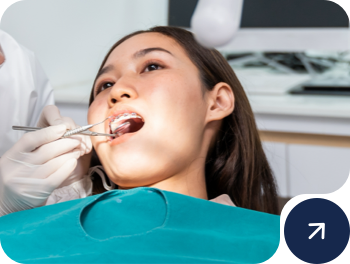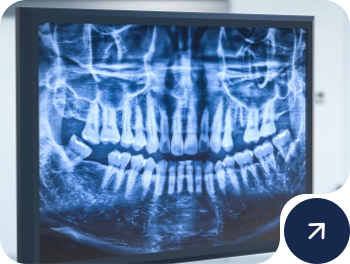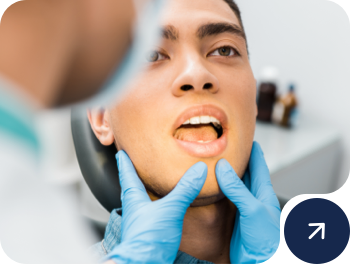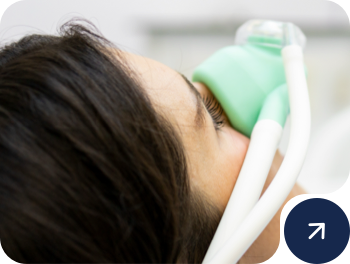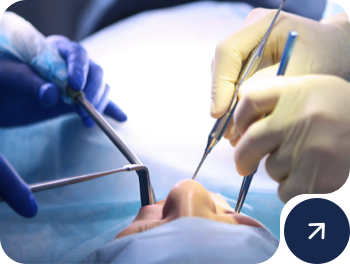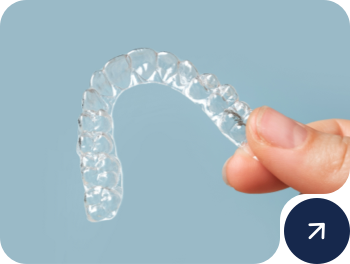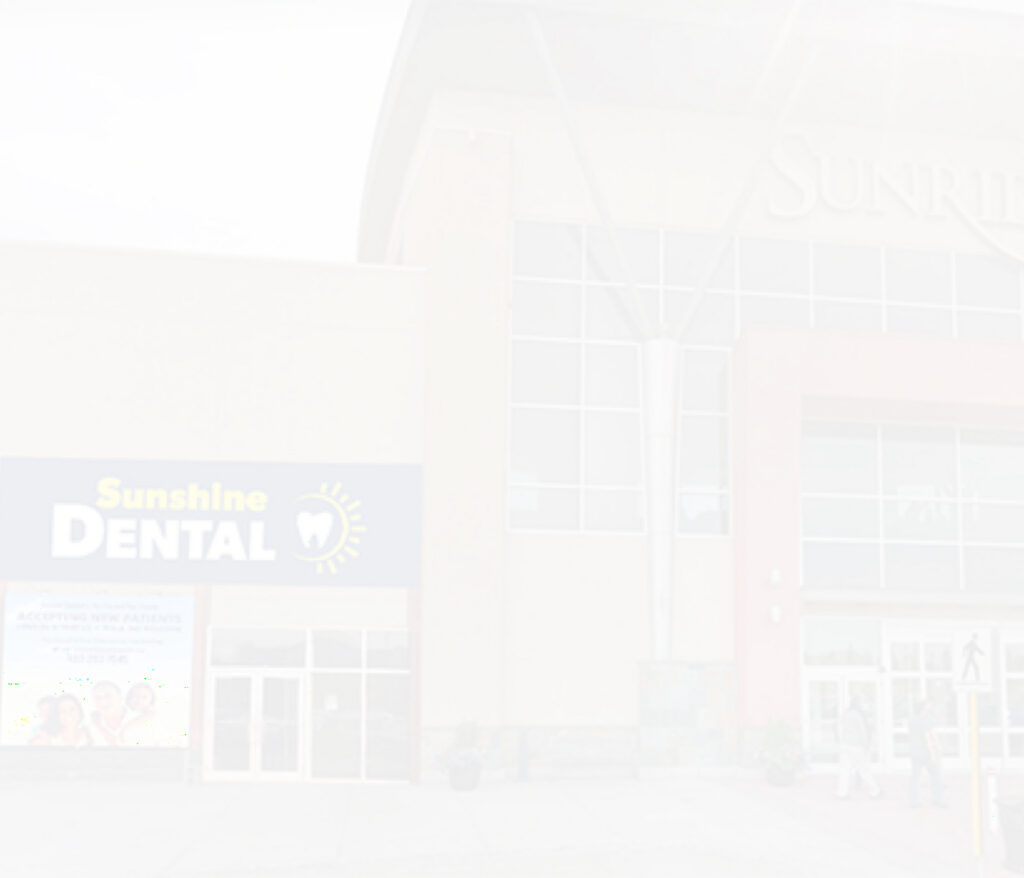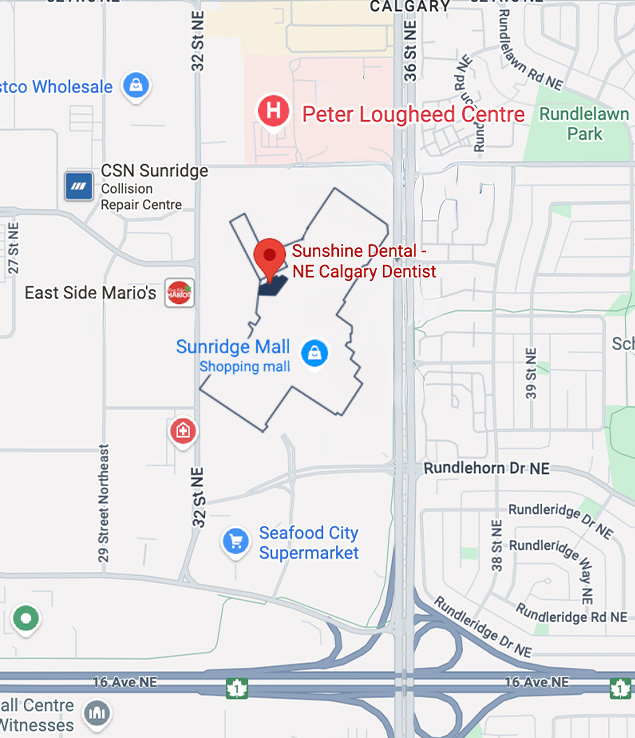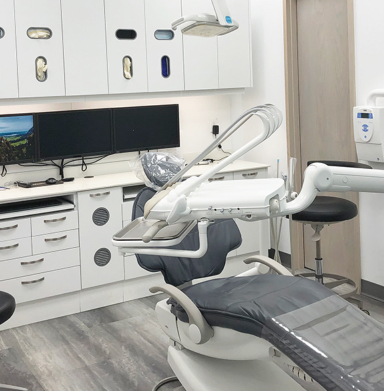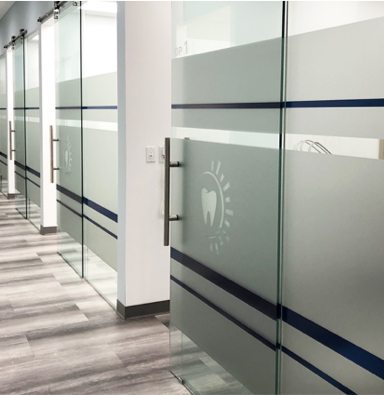For some dental or oral health issues, like oral cancer, early detection holds the best chance for a full recovery — so your dentist will keep an eye out for the early warning signs. A dental exam is your opportunity to get a professional inspection of your oral health.
How Often Do I Need a Visit to the Dentist?
The general rule for dental visit frequency is once every 6 months for both a check-up and cleaning. Factors such as your oral hygiene home care, diet, habits, history of dental disease, and your overall health will impact the frequency of your dental visits. Your dentist will discuss this with you and advise you of the frequency of dental check-ups and cleanings that is best suited for you and your health.
Why Health Screening Is a Critical Focus at Dental Exams
In 2020, an estimated 5,400 Canadians will be diagnosed with some form of oral cancer. Of those 5,400, there will be an estimated 1,500 deaths. Early detection and treatment are key to a positive outcome.
Oral health screening is an integral part of your dentist’s training. Your dentist can inspect your mouth more efficiently and effectively with regular dental exams, as your oral health can change quickly.
Signs of Oral Cancer
Like most cancers, oral cancer gets worse the longer it has to develop without medical intervention. Fortunately, oral and pharyngeal (throat) cancers are not as threatening when diagnosed at an early stage. Often, there are some telling visual cues that your dentist can spot efficiently, which can include:
- White or dark red patches in your mouth, or on your lips or tongue
- Lumps or changes in the texture or colour of the oral tissues
- Bleeding or numbness in the mouth; sores or patches that do not heal
- Difficulty swallowing; changes in taste or tongue sensation
Factors Increasing the Risk of Oral Cancer
Certain factors such as age and genetics may increase the risk of oral cancer. Other notable risk factors include:
- Consumption of tobacco products (cigarettes, chewing tobacco, cigars, etc.)
- Heavy alcohol consumption (It is especially dangerous to combine smoking and alcohol)
- Prolonged, repeated exposure of the lips to sunlight
- Poor (imbalanced) diet
If there is a genetic factor, having the same dentist for your whole family grants your dentist some context when treating family members. It might allow family history to inform your dentist’s prevention efforts for other members of your family.
Precancerous Growths
Certain types of growths and lesions may be considered precancerous, meaning that although they are not cancerous yet, they may potentially become cancerous. Whether in the family or not, a history of leukoplakia is also a risk factor. Leukoplakia appear as thick, whitish-colour patches, found inside your mouth.
A lesser-known risk factor is a condition called erythroplakia, where red lesions form inside the mouth, in patterns similar to leukoplakia.
How Your Dentist Confirms Oral Cancer
In addition to checking your mouth for visual signs, your dentist may also ask you questions to determine any risk-factors that may lead to oral cancer.
X-rays
Part of a dental exam includes both intraoral and extraoral panoramic x-rays. This process not only covers the tissues in the mouth, but it can detect tumours spreading to the jaw as well. X-rays allow your dentist to identify any cancerous growths that aren’t visible on the tissue surfaces of your mouth and throat.
Biopsy
If your dentist recognizes the need to confirm if a growth is cancerous, they’ll refer you for a procedure called a biopsy — which involves surgically removing a sample of the tissue followed by lab analysis to determine whether it’s cancerous.
Being Proactive with Dental Examination
A dental exam makes it possible to act quickly against the sudden onset of oral cancer. Early detection makes surgery that much easier, and decreases the chances of life-threatening development. Your dentist is your first line of defence and can lean on specialists if there’s a need for further diagnosis and/or treatment.
Regular cleanings aren’t formal dental exams, but if your dental health happens to be changing, your hygienist can still observe warning signs and set you up with a dental exam quickly and efficiently. Consult your dentist for an examination schedule that works for you, and enjoy the peace of mind that comes with thorough oral health checks!


